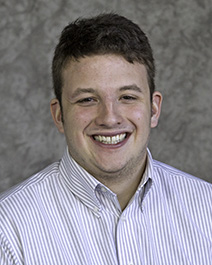Dr. Kyle Thomas will be presenting on "Decision-Making and Desistance: The Relative Importance of Changing Expectations and Changing Preferences." An Assistant Professor at the University of Missouri- St. Louis, Dr. Thomas applies a rational choice framework to the decision-making processes underpinning criminal desistance. First, he examines if subjective expectations of offending are age-graded, such that perceptions of rewards decrease, and perceptions of risks/costs increase over age. Second, he tests if the latent marginal (dis)utilities that derive from these expectations (e.g., preferences for risk, costs, and rewards) are age-graded in ways that promote declines in offending. He presents results from a study that uses a decomposition model to partition differences in offending from adolescence to young adulthood that are attributable to changing subjective expectations (E) and changing marginal utilities (β) among a subset of the Pathways to Desistance sample (N = 585). He then introduces a discrete choice random utility model to estimate between- and within-person differences in preferences and demonstrates how the model can be used to examine predictions outlined in prominent theories of desistance. This lecture is co-sponsored by the Criminal Justice Research Center and the Department of Sociology and Criminology.
Available via zoom: https://psu.zoom.us/j/361739041


Occurrences
-
Friday, October 12, 2018, 2:00 p.m.–3:00 p.m.